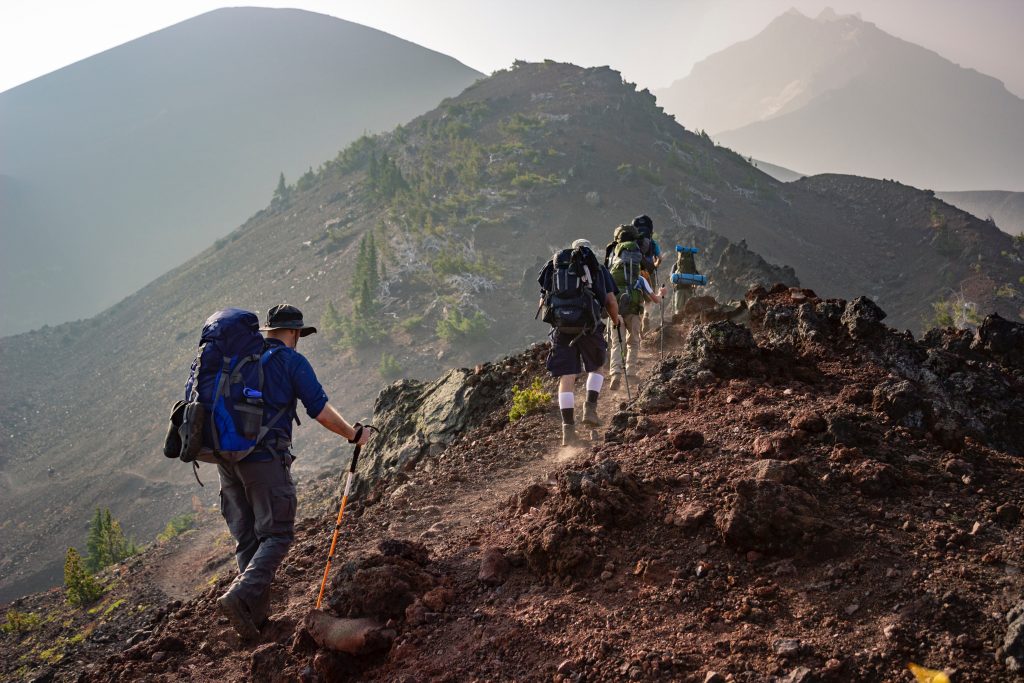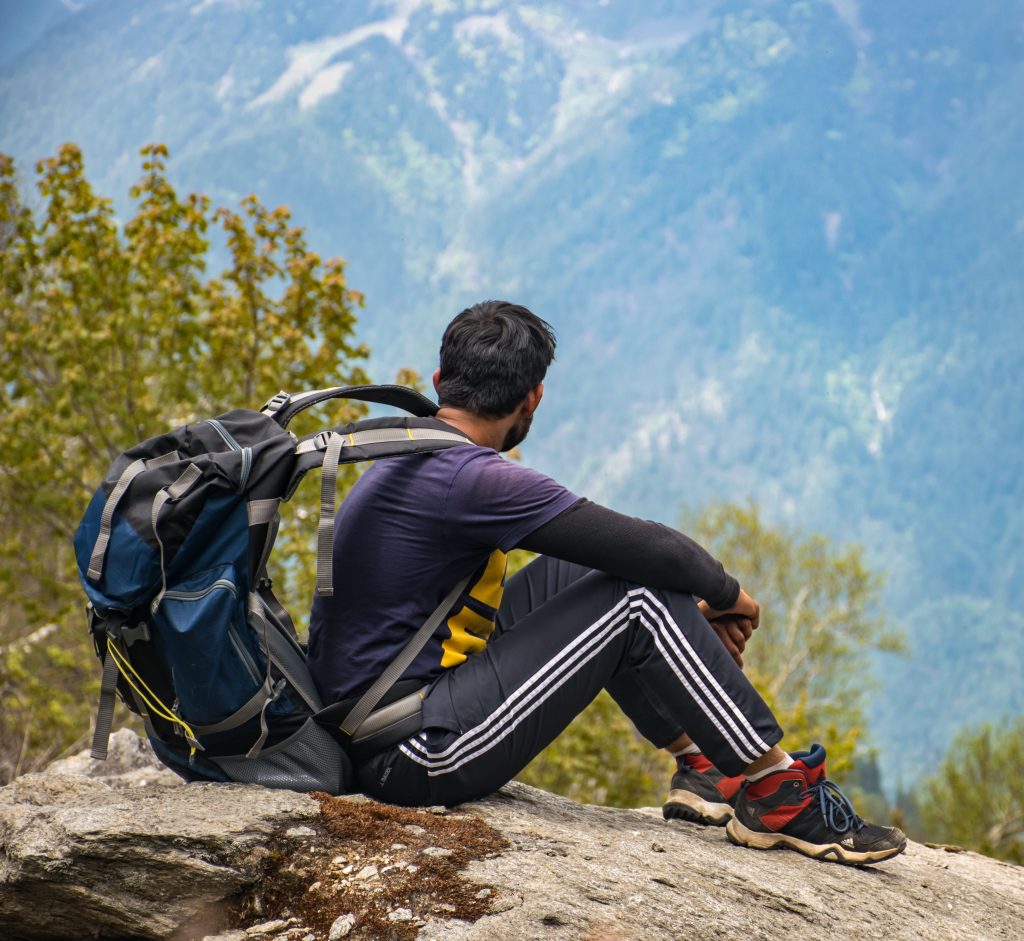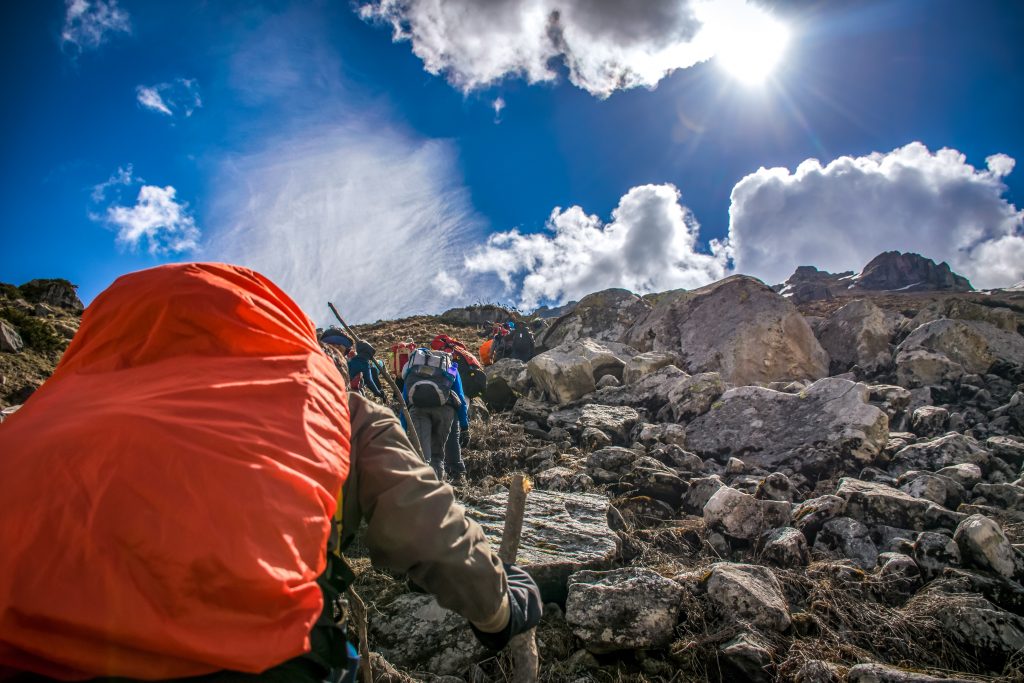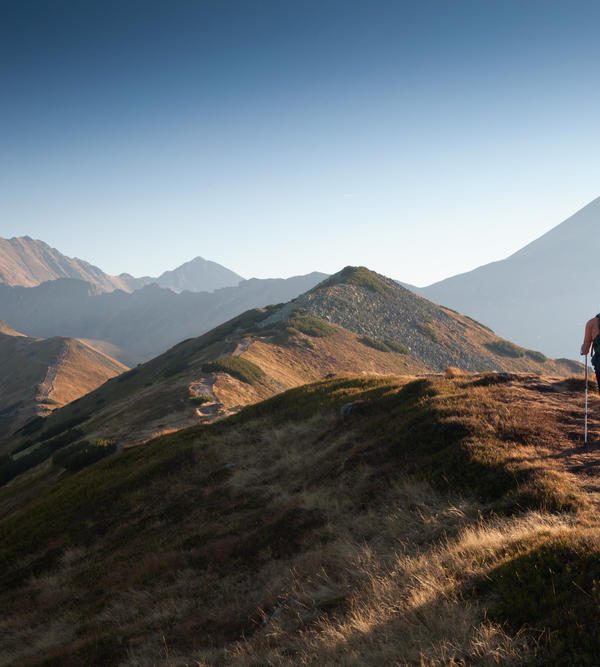
Every year, millions of hikers, climbers, and outdoor enthusiasts visit the mountains, one of the planet’s most beautiful and awe-inspiring landscapes. This magnificent environment, however, can be harsh and unforgiving, posing numerous challenges to those who venture into its rugged terrain.
If you’re planning a trip to the mountains, you must be prepared for the unexpected. From sudden weather changes to unexpected injuries, mountain survival requires unique skills and knowledge. Our ultimate guide provides essential tips and tricks for navigating the rugged terrain and unpredictable conditions of mountain environments. Whether you’re an experienced adventurer or a novice hiker, our guide will help you develop the skills and mindset needed to tackle any mountain survival challenge.
Preparing for the challenges is critical if you plan a mountain adventure. Here are some essential survival tips for mountaineers.
1. Research and Plan Your Trip Carefully
It's critical to do your research before embarking on a mountain survival adventure. Investigate the area you intend to visit, including its climate, terrain, wildlife, and potential hazards such as avalanches or rock falls. Ensure you have a detailed map and a route plan, including backup plans in case of weather or other unexpected changes.
2. Be Prepared for the Weather
Mountain weather can be unpredictable, and temperatures can drop quickly as you ascend to higher elevations. Pack appropriate clothing, including adding or removing layers as needed. Bring a waterproof jacket, pants, gloves, and a hat to protect yourself from rain, wind, and cold. Bring a four-season tent and a warm sleeping bag rated for the temperatures you expect for an overnight trip. Mountain survival is a unique and exhilarating experience that demands respect for nature and an unwavering commitment to survival.

3. Carry Essential Gear
You’ll need to be self-sufficient in the mountains and carry everything you need. Ensure you have first-aid supplies, a water filtration system or purification tablets, a multi-tool or knife, a headlamp or flashlight, and extra batteries. Bring enough food and water to last your trip, plus some extra for emergencies. Survival in the mountains means being resourceful and making the most of what’s available; mountain survival necessitates careful planning and preparation for the unexpected.
4. Know Your Limits
Mountains can be physically and mentally taxing, so it’s critical to understand your limits. Don’t push yourself beyond your limits; pay attention to your body. Mountain survival demands physical endurance, mental fortitude, and a deep understanding of the natural world. Take a break and rest if you are exhausted or ill. Only attempt technical routes that are within your abilities if you are experienced. Be realistic about your abilities, and enjoy the experience without jeopardizing your safety.

5. Stay Safe and Alert
When you’re in the mountains, safety should always come first. Keep an eye out for potential hazards like loose rocks or unstable terrain. Keep an eye out for wildlife in the area and keep a safe distance from animals like bears and mountain lions. Stay together and frequently communicate if you’re hiking or climbing with a group. In an emergency, carry a whistle or other signaling device, and make sure someone knows your itinerary and expected return time. Preparing for mountain survival requires physical training, mental preparation, and equipment readiness.
6. Stay Hydrated
When venturing into the mountains, dehydration can pose a severe threat, especially at higher elevations. To prevent dehydration, it’s essential to drink plenty of water throughout your journey and bring enough water until you reach the next reliable water source. However, drinking untreated water from streams or rivers is not recommended as it may contain harmful bacteria or parasites. Drink plenty of water throughout your journey, and bring enough water until you reach the next reliable water source. Drinking untreated water from streams or rivers is not recommended because it may contain harmful bacteria or parasites.
7. Be Familiar with the Area
Ensure you’re familiar with the area you’ll be visiting before leaving. Understand the location of trails, campsites, landmarks, and any rules or regulations that may apply in the area—seeking advice from locals or park rangers on the best routes and conditions if possible. Navigating the rugged terrain and unpredictable weather of mountain environments requires specific survival techniques.
8. Pack a Satellite Phone or Emergency Beacon
It’s critical to have a way to call for help in an emergency. Consider carrying a satellite phone or an emergency beacon that can send a distress signal even in areas where cell service is unavailable. Ensure you understand how to use the device and always keep it handy.

9. Leave No Trace
Survival is crucial when you’re in the mountains, but reducing your environmental impact is just as important. This guide offers ten essential tips for leaving no trace, such as packing out your trash, using established campsites, and respecting wildlife and vegetation. By following these principles, you can help preserve the environment for future generations and leave the mountains as you found them. Coping with the elements is a vital component of mountain survival.
10. Stay Calm and Focused in Emergencies
It is critical to remain calm and focused in an emergency. Evaluate the situation and devise a strategy for dealing with it. If injured, immobilize the affected area and seek medical attention immediately. If you become disoriented, remain in one location and make yourself visible to rescuers by lighting a signal fire or using reflective materials. The key to mountain survival is being adaptable and able to adjust to changing circumstances. Being mentally prepared is just as important as having the right gear for mountain survival.
To summarize, mountain survival necessitates planning, caution, and environmental sensitivity. You can have a rewarding and memorable mountain experience while minimizing risks by carefully researching and planning your trip, carrying essential gear, knowing your limits, and staying safe and alert. Remember that while the mountains are magnificent, they can also be dangerous. You can safely explore this breathtaking landscape and return home with unforgettable memories with the right mindset and preparation.

